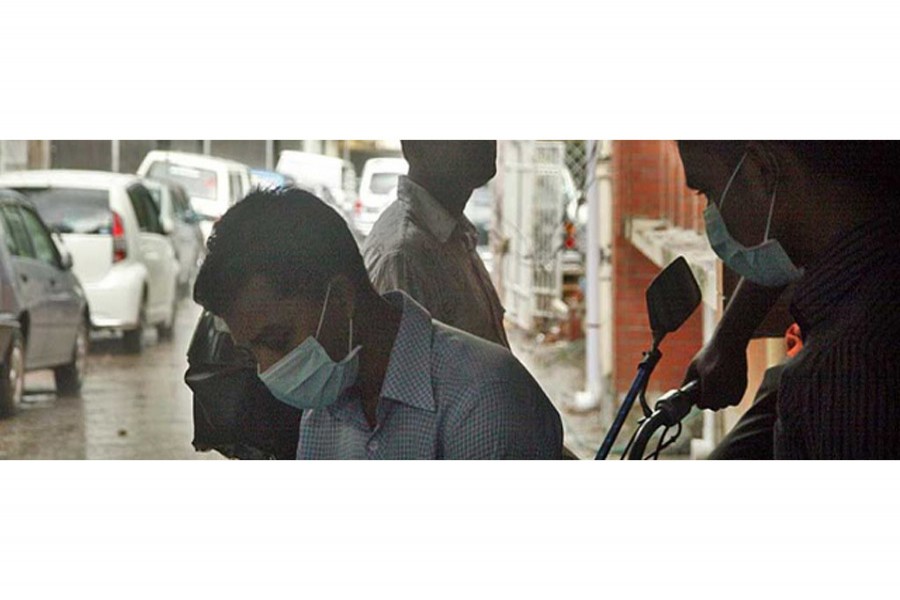The death of Fazilatun Nasa Bappy has triggered fresh fears over swine flu in Bangladesh, but experts have urged the people to follow health safety rules instead of panicking.
Bappy, a former Awami League MP from the seats reserved for women, died at the Bangabandhu Sheikh Mujib Medical University (BSMMU) on Thursday, four days after the doctors put her on life support.
The 49-year-old was admitted to the hospital on December 28 with a combination of pneumonia and other respiratory diseases.
Tests found she was H1N1 positive, according to professor AKM Akhtaruzzaman, the chairman of the BSMMU’s Intensive Care Unit.
“She contracted swine flu virus,” bdnews24.com reported quoting the doctor on Friday.
The hospital authorities have urged all not to panic, saying that there are vaccines for the disease.
Prof ABM Abdullah, a former dean of the BSMMU’s medicine department, told the news agency that patients suffering from the disease recover “most of the times”.
Patients with problems in the respiratory system or lungs, those who have diabetes, pregnant women, children aged between six months and five years, and people older than 65 years are more vulnerable to swine flu, he said.
“There is nothing to panic over swine flu. But there is also no room to take it lightly,” he added.
The H1N1 influenza virus was first reported in April 2009 in Mexico before spreading across the globe. The World Health Organization (WHO) declared a global H1N1 flu pandemic on June 11.
Bangladesh's first case was detected on June 18, 2009 amid a global outbreak, which created panic.
When the virus was detected in Bangladesh again in 2013, doctors said swine flu became a “seasonal influenza” (H1N1) in Bangladesh like the other two viruses --influenza B and H3.
A combined vaccine against these three viruses is available, meaning a single shot can help high-risk groups like pregnant women, uncontrolled diabetic, and cancer patients.
Fever, runny nose, sore throat, and cough followed by breathing difficulty are some of the symptoms of swine flu.
Maintaining personal hygiene, especially the washing hands and the crook of one’s elbow with soap are advised to prevent any flu.
Respiratory transmission occurs mainly by droplets disseminated by unprotected coughs and sneezes, according to the WHO. Short-distance airborne transmission of influenza viruses may occur, particularly in crowded enclosed spaces.
Hand contamination and direct inoculation of virus is another possible source of transmission, which is why experts advise caution while taking care of swine flu patients.
Meerjady Sabrina Flora, a director at the government's disease control agency IEDCR, said swine flu affects people regularly in Bangladesh now as it transmits from person to person, a way in which Bappy “might have contracted the virus”.
She also said those returning from Europe or China or Korea should consult doctors if any symptom of swine flu is found in them as it is the swine flu season there.
“We can do the tests as well and give advice for free. Tests and treatment are also available outside,” she added.


